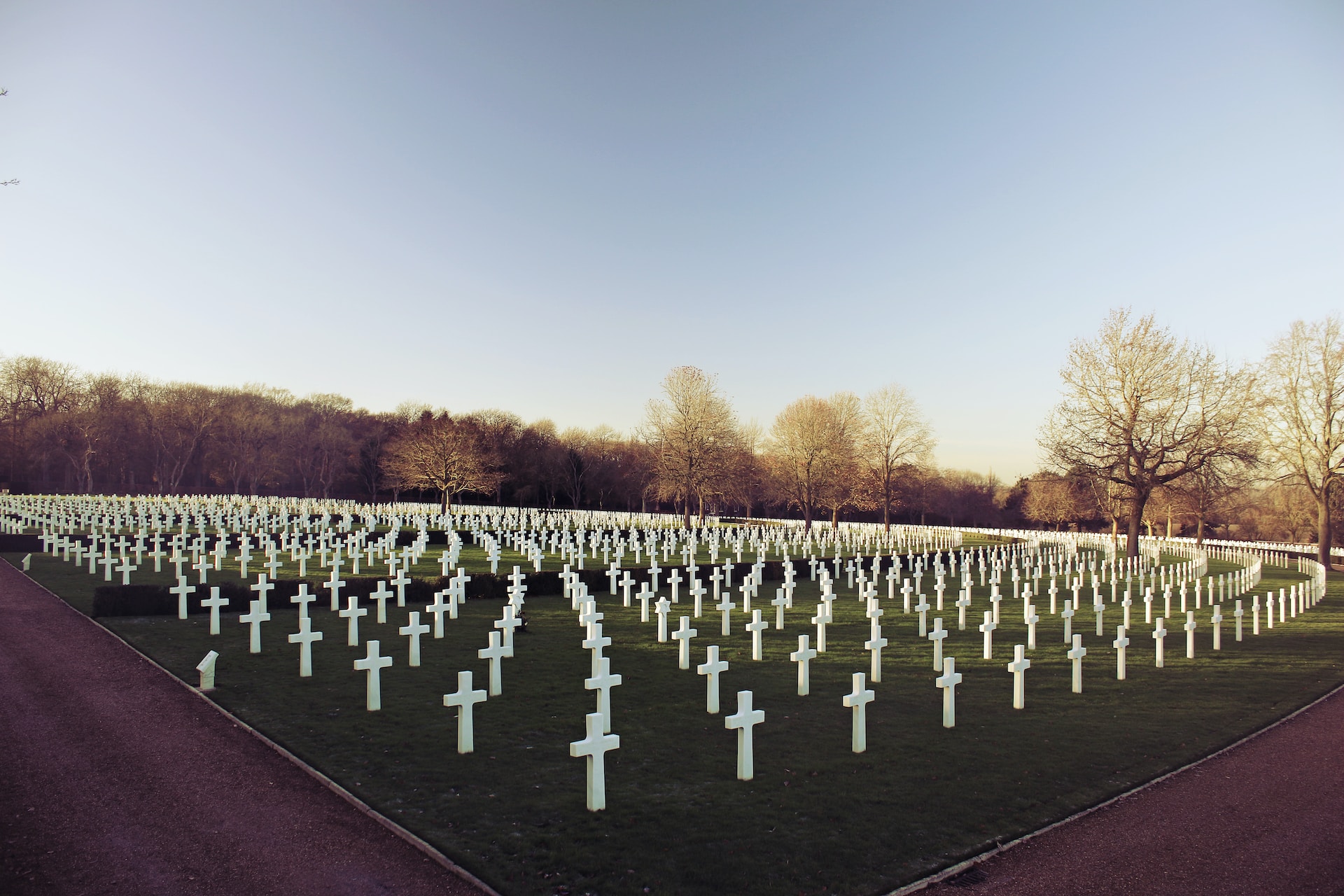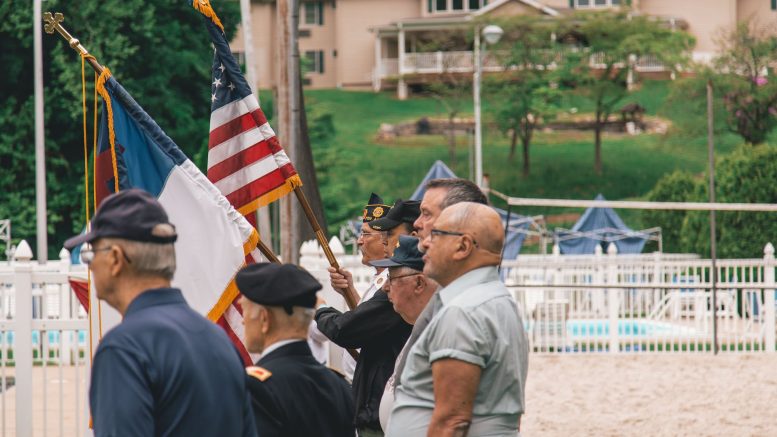Gregory Golodoff, who lived a life emblematic of simplicity and dedication to his community on a serene Alaskan island, passed away at 84. His death reopens a largely forgotten yet significant chapter in American history — the World War II Japanese occupation of Attu Island. Golodoff was the last living member among the 41 islanders taken prisoner by Japan during the war.
Early Life and Family’s Ordeal
Born on the remote Attu Island, Golodoff was merely three years old when the Japanese forces captured it. He died on November 17 in Anchorage. Earlier in the year, his sister, Elizabeth “Liz” Golodoff Kudrin, also an Attu captive, passed away at 82. Their family suffered greatly during the war, losing three siblings while in captivity.
The Struggles of Attu Island
Attu Island, a rugged, tundra-covered territory in the Aleutian chain, closer to Russia than to mainland Alaska, faced the brutalities of war firsthand. It was one of the few American territories, including Guam, the Philippines, and Kiska, occupied by enemy forces. The 1943 battle to retake Attu was marked by its severe conditions and is often referred to as the “forgotten battle” of World War II.

Post-War Challenges
The surviving captives of Attu, including Golodoff’s family, were not allowed to return to their homeland post-liberation. Instead, they were relocated to Atka Island, around 200 miles away, leading to the near extinction of the Attuans’ language and unique cultural traditions.
Cultural Preservation Efforts
Efforts to preserve Attuan culture continue through Helena Schmitz, the great-granddaughter of the last Attu chief, who founded the Atux Forever nonprofit. The Golodoff family’s experiences, as well as the broader history of Alaska Natives in Japan, are detailed in the book “Attu Boy,” co-authored by Gregory’s brother, Nick Golodoff, and cultural anthropologist Rachel Mason.
Recognition and Legacy
The life and struggle of Gregory Golodoff, and by extension, the story of Attu Island, represent resilience in the face of adversity. The Nobel Peace Prize ceremony, which acknowledged Narges Mohammadi’s fight for human rights, paralleled this spirit of resilience. Despite Mohammadi’s absence, her children’s speeches at the ceremony highlighted the continued struggle for human rights, echoing themes relevant to the Golodoff family’s history.
Honoring Wartime History
The passing of Gregory Golodoff signifies the end of a direct connection to a lesser-known aspect of World War II. His story, and that of the Attu Islanders, serves as a powerful reminder of the human toll of conflict and the strength of those who endure it. As the world reflects on past wars, stories like Golodoff’s shed light on the personal impacts of global conflicts, preserving the memory of those who experienced them.
©unityus.org

